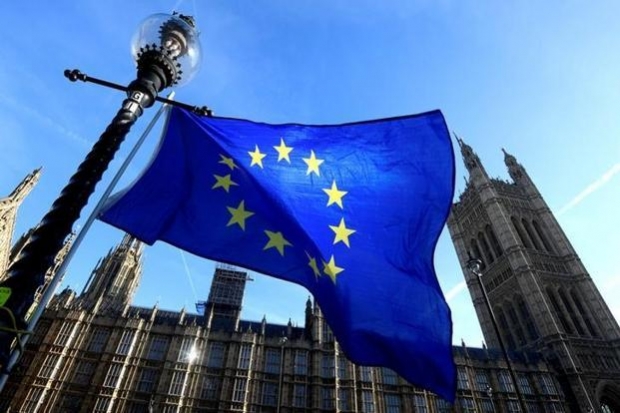The move will cause Google and Facebook a sigh of relief as they might find themselves paying at least three percent of their profits under the tax.
It looks like there was heavy lobbying against the plan according to the Romanian presidency of the EU wrote: “Some delegations continue to have fundamental objections."
Global reform of tax rules has been debated for years but has never been agreed as national interests differ widely.
Tax reforms on the EU level must be backed by all 28 member states to be approved, but Ireland, which has replaced British rule with one from Silicon Valley, and Scandinavian countries have staunchly opposed the overhaul. Other countries have also been skeptical.
In a bid to salvage the plan, France - the keenest supporter of the tax - agreed in December with Germany, the largest economy in the bloc, to limit its scope only to digital advertising. But even the watered-down plan met with scepticism in some capitals.
As the plan floundered, France, Italy and Spain have moved to introduce digital taxes on the national level.




